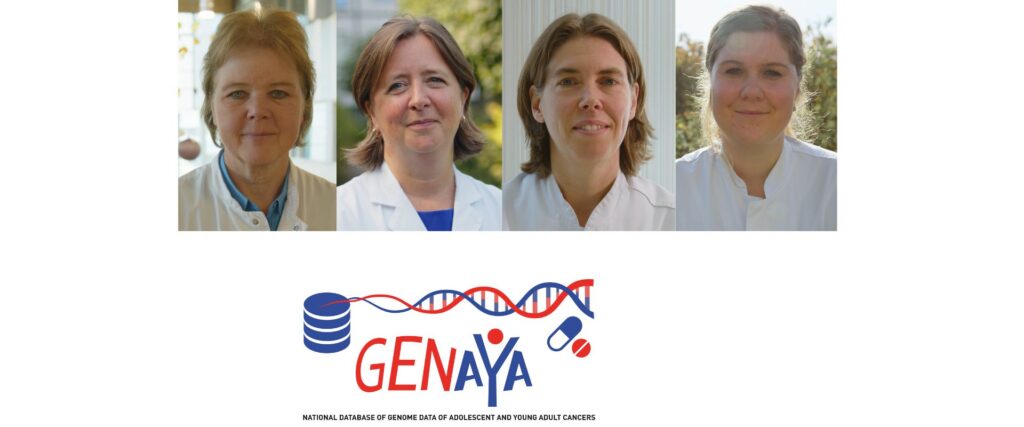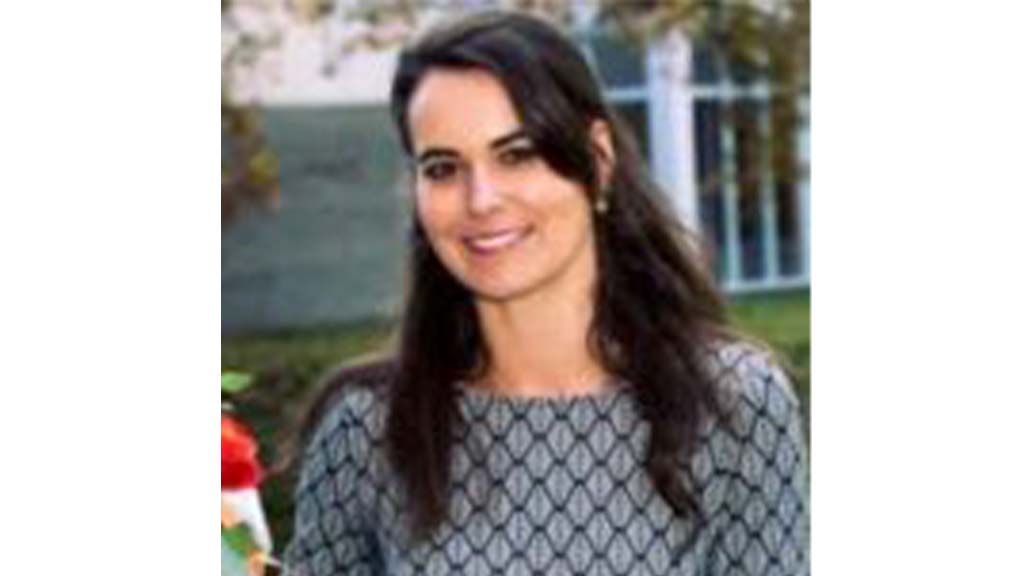DR-061 Molecular archaeology of cancer metastases
We aim to apply computational tools to Hartwig Medical Foundation cancer genomes to establish the order in which harmful mutations were acquired, and approximately when they were acquired during a patient’s lifetime. Furthermore, we can infer what caused the mutations (for example, smoking, UV light, etc.), and estimate when the cell was exposed to these damaging processes. Across many cancer samples, this approach lets us build a picture of how different cancers evolve over time. By comparing these results to earlier analyses we performed on primary tumours (observed at initial cancer diagnosis), we seek to understand the development of cancer as it spreads from the initial site to another site (known as metastasis). This will show whether tumours that metastasise evolve in the same way as non-metastatic cancers, and may give insight that helps to predict the metastatic step in cancer evolution.
Peter van Loo The Francis Crick Institute United Kingdom
Terug naar nieuwsMeer nieuws

Zorgverleners delen inzichten over GENAYA voor jongvolwassen patiënten met kanker
In een reeks korte video’s delen vier zorgverleners hun inzichten over het GENAYA-project. Ze vertellen wat GENAYA precies inhoudt, hoe …

Op zoek naar predictieve (bio)markers voor uitgezaaide prostaatkanker
24 juli 2018 In juni 2018 werden voor het eerst op een groot internationaal congres resultaten gepresenteerd van onderzoek waarbij gebruik werd gemaakt …

‘Gericht behandelen dankzij gepersonaliseerde kankerzorg’
2 juli 2018 In het juni 2018 nummer van Mijn Gezondheidsgids verschenen twee artikelen van onze hand. Lees meer over …

We willen het maximum aan informatie uit de tumor van de patiënt halen. Deze DNA-test is daarvoor het best beschikbare instrument. Er is maar één keer weefsel, een biopt, met voldoende tumorcellen nodig. Omdat het hele genoom wordt onderzocht, ook de gebieden in het DNA waarvan we nu nog niet weten of de gevonden afwijkingen belangrijk zijn, is deze DNA-test tumortype onafhankelijk en toekomstbestendig. Deze eigenschappen zijn de twee belangrijkste eigenschappen van WGS.